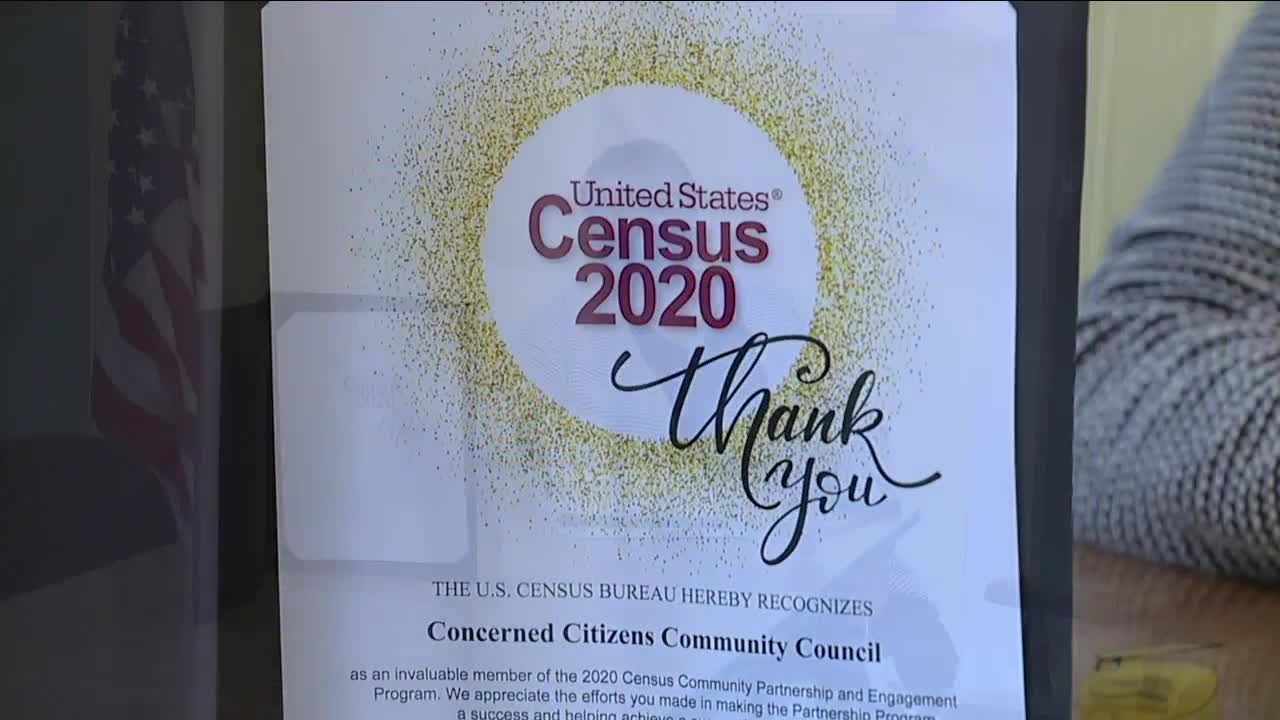CLEVELAND — New numbers released by the U.S. Census contain some somber news for Northeast Ohio and the rest of the state.
The Buckeye State will be losing a congressional seat due to slow population growth. According to the latest census data, Ohio's population only grew by just 2.3% between 2010 and 2020, while the rest of the nation grew at a faster rate at 7.4%.
That means Ohio will go from 16 congressional members, down to 15, the state will also lose an electoral vote, dropping from 18 to just 17.
Political Science Professor Tom Sutton with Baldwin Wallace University told News 5 the loss of representation could have an economic impact.
"Anytime a state loses a congressional district it means you are losing influence in Congress just by the sheer numbers game," Sutton said. "That’s a very serious concern.”
“From the business sector for instance, do I really want to do business with a state that has flat-lined or is losing population.”
Anita Gardner with Northeast Ohio's Concerned Citizens Community Council, which assists five east side Cleveland neighborhoods is concerned it could have an impact on federal funding to some of the poorest neighborhoods.
Gardner is also concerned census numbers set to be released in mid-August could call for a reduction in Cleveland City Council members, from 17 to 15, or even down to 13, due to a drop in city population.
"This is not good news in any sense of the word," Gardner said. "We lose services, and we lose access to our council people. The people deal with council, they don’t go to the mayor, they don’t go to the governor.”
"You would definitely disenfranchise the community by taking away a council member or taking away the power of council. And it has nothing to do with black or white, it has to do with rich and poor.”
In response, Ward 8 Cleveland Councilman Michael Polensek is exploring a charter amendment that would put a freeze on the number of council members, no matter how big the drop in the city population.
"We are at the crossroads in this city, we’ve lost a lot of people," Polensek said.
"You’re going to have these very large wards on the east side and very small wards on the west side, so you’re going to have more people disenfranchised."
"We need to consider a charter amendment to set forth a given number of council people, so we don’t have people that are going to be disenfranchised.”
"That’s not good, it’s not good for our city, it’s not good for our neighborhoods.”
Tony George, CEO of George Group Corp. and took part in the Clevelanders First effort to reduce Cleveland city council down to nine members in 2019 and 2020, said it's up to Cleveland leadership to make sure low-income neighborhood maintain representation if the census numbers call for a reduction in council members.
"The black community should be able to pick up more seats, even during the reduction," George said.
"Let’s say you lose two council seats, you need the council president and the Mayor to work fairly with the remaining council people.”




